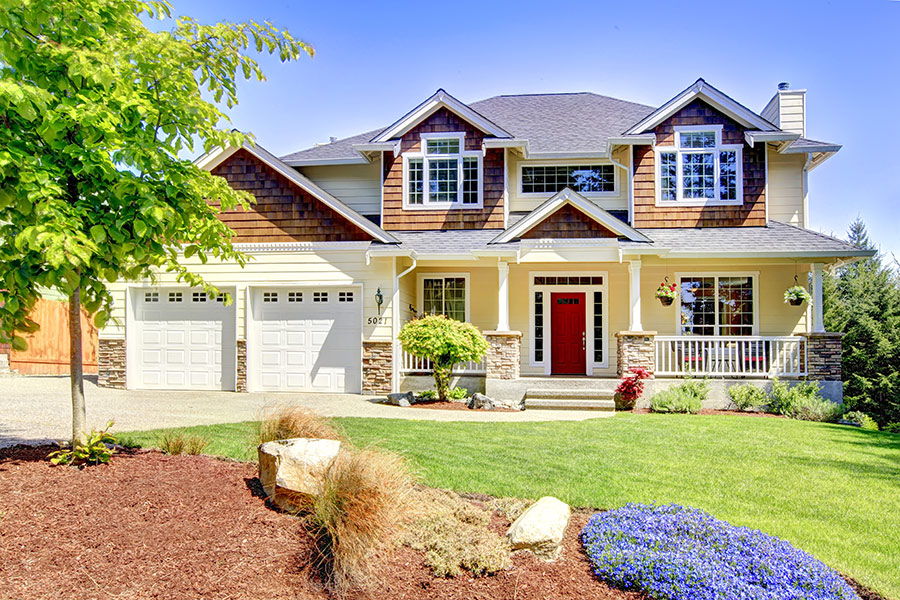 Nothing can seem as exciting — and overwhelming — as buying your first home.
Nothing can seem as exciting — and overwhelming — as buying your first home.
There’s so much to consider that many first-time buyers don’t think about home insurance — a factor that will be important when it comes to closing on the house.
You should factor the ongoing cost of home insurance into your home-buying budget, because it will probably show up in your monthly mortgage payment along with payments on your loan principal and interest and your property taxes. That means you should go into your search knowing the basics about insuring your house and what can drive up the cost of coverage.
Once you choose the house and negotiate an offer, it will be time to find an insurance agency. There are a few issues to take into consideration before settling on a provider — all policies are not created equal. Using these tips can help you save money and ensure that you have quality coverage to protect your largest investment.
Give yourself credit
You know credit matters when it comes to getting a favorable interest rate on your mortgage. But did you know it also matters for home insurance? That’s because home insurance providers use your credit score as as part of the formula for assessing the risk you pose as a policyholder - this is not a hard hit on your credit, so it does not affect your credit score. The pricing models show that consumers with good credit are much less likely to file claims.
Before you get too far into the buying process, assess your credit and take steps to improve your score. At the very least, make sure to correct any errors. Improving your credit score can result in big savings on your mortgage and your home insurance premiums.
Shop around
The price of home insurance varies widely from carrier to carrier. That’s because each provider has a different algorithm for determining customer premiums. This is one reason why it’s a good idea to comparison shop by using an insurance agent who has access to many insurance companies. You could end up saving yourself hundreds of dollars simply by getting a few different quotes.
Don’t skimp on coverage
While you want to save money on home insurance, it’s important not to skimp on coverage. Standard home insurance policies typically offer protection from a variety of potential risks, ranging from liability to damage from weather-related perils. However, you may want to adjust or add coverage depending on your needs.
One matter you should pay close attention to is your amount of dwelling coverage — the part of your policy that protects the structure of your home. You should have enough dwelling coverage to rebuild completely in case the house is destroyed by a covered peril. That amount is often different from the purchase price.
Bundle your policies
Buying home and auto insurance from the same provider can save you as much as 20% on your annual premium. Do you have multiple vehicles? Or even a boat? You can often bundle all of these items with one carrier. Insurance companies are even now offering a bundle discount if you use the same agent for the home and auto insurance even if the policies are with two different companies.
Evaluate risks as you look
When you’re evaluating potential homes, consider the risk each proposes. Is the house in a high-risk flood plain? Standard home insurance doesn’t cover flooding. For this protection, homeowners must purchase a separate policy. Just a few inches of flood water can cause tens of thousands of dollars in damage.
Does one of the homes you’re considering have a swimming pool or trampoline on the property? Either factor can increase the amount you’ll pay for home insurance, or limit the options your insurance agent can get proposals from.
Remember, even veteran home buyers can get tripped up by the process. But take your time, ask plenty of questions and keep your eyes open for potential problems, and you’ll be well on the way to finding the perfect first home.
For more information on homeowners insurance, contact Lallis & Higgins Insurance.
zillow.com

